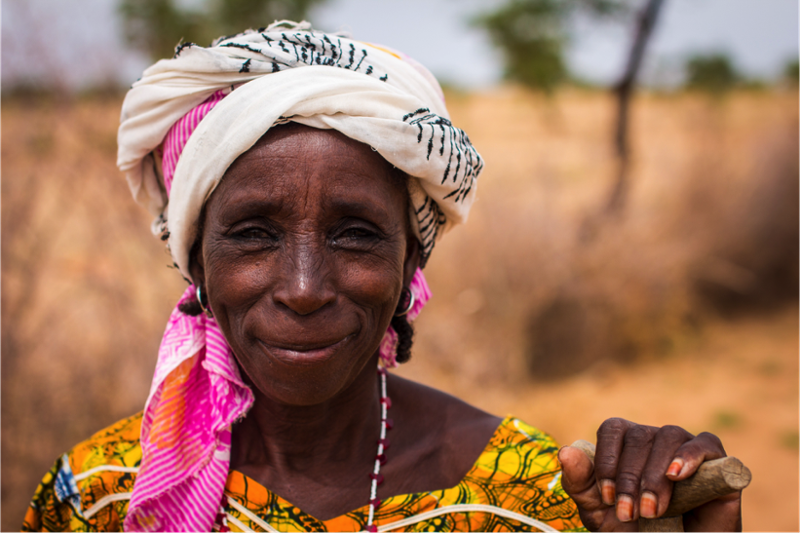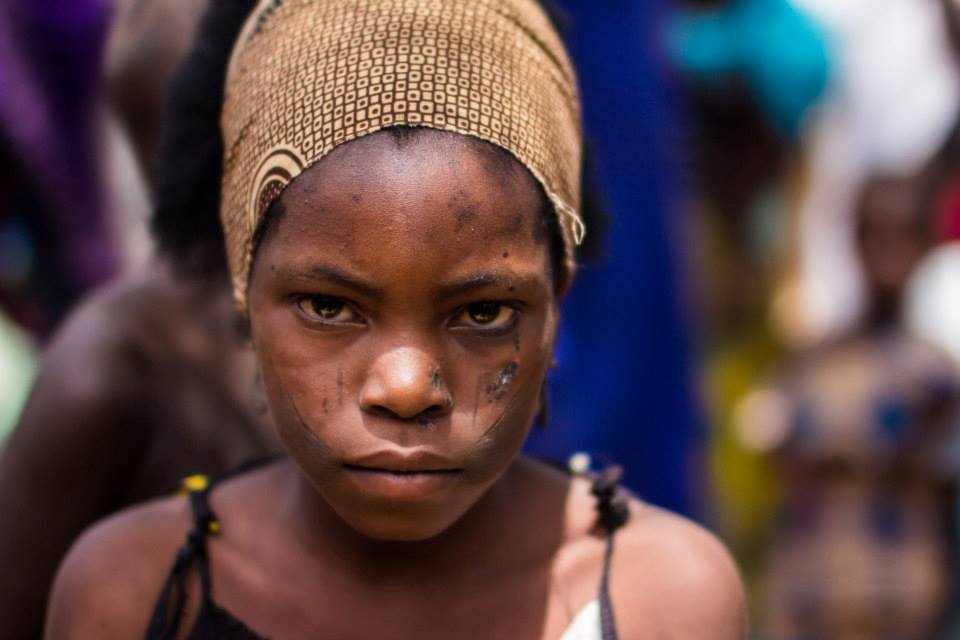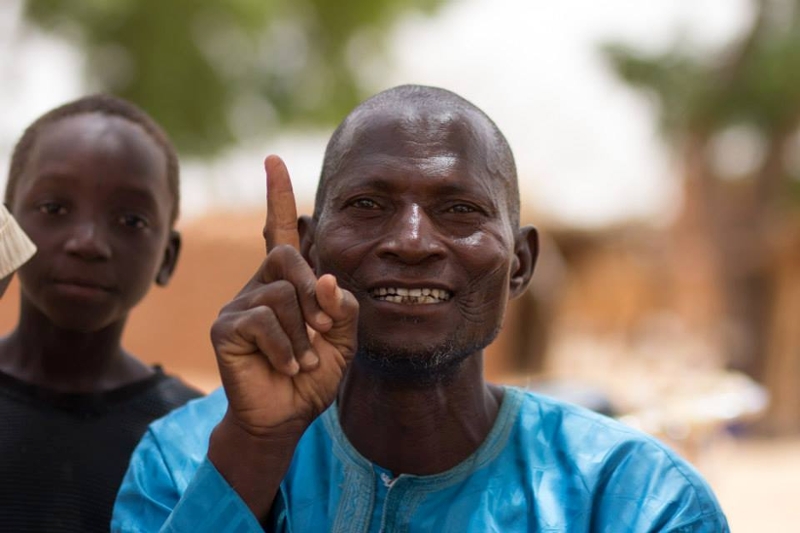
The Equator Initiative at the United Nations Development Programme (UNDP) in New York City has hired Josh Cramer-Montes, MA SID/MBA’16. “I landed my dream job working as a strategic partnerships and communications consultant for the Equator Initiative at UNDP,” says Josh.
Josh will be working full-time in New York for the summer and then work remotely from Boston while classes are in session. For his new role, he will develop a communications strategy leading up to the U.N. Climate Change Conference (UNCCC), which will take place in Paris this December. He’ll also spearhead the redesign and integration of the organization’s websites, oversee video production and provide on-site support for the Paris event. He hopes that this will lead to a full-time position upon his graduation from Heller next year.
Prior to enrolling in the Heller MA SID/MBA dual degree program, Josh worked at Catholic Relief Services (CRS) in Niger, where he met a colleague who had formerly worked at the U.N. Equator Initiative. Josh notes, “While my CRS connection helped get my foot in the door at the UNDP, I wouldn't have been able to walk through it without the Heller name and education."
Learn more about Heller’s long legacy of students and alumni at the United Nations.
Below are several of Josh’s photographs from his time in Niger working for Catholic Relief Services. Several of them have been featured in Heller’s annual sustainable international development student photo exhibition.

Josh Cramer-Montes, Niger. “I sat and watched this woman plow her fields for a while. Eventually, I slowly approached her and--since I didn't speak the local language--motioned in a way as if to ask if I could take her picture. She took a rest from her work and gave me this big warm smile.”

Josh Cramer-Montes, Niger. “I learned a very powerful lesson about the importance of how people are portrayed in developing countries through photography. I have several pictures from Niger of people with very serious-looking expressions. An outsider might interpret these photos as being indicative of a more ominous reality, such as a conflict zone or extreme poverty. In this case, it was simply cultural, and actually a bit of a funny story. Whenever I took someone's picture, I would show it to them after so they could see what I was doing and feel like they were part of the process. They would laugh and laugh and laugh at seeing themselves. Then, when I turned the camera around to take another shot, they would go completely stone-faced. I'd show them the new picture, and they'd laugh uncontrollably. For me, this was an 'ah-ha' moment; it reminded me of the power of images, the need for context and the importance of telling someone else's story in a responsible and ethical way. Without knowing this background, one might think this was a child of war, when in fact she was just responding in a way that was true to her culture.”

Josh Cramer-Montes, Niger. “This image also has a funny story. I would point my camera to shoot a photo of someone, and they would move or change positions before I could get a shot. Instinctively, I would raise my finger as if to say, ‘Wait a minute,’ but they didn't realize what the hand gesture meant. So I have several photos of adults giving me a ‘number 1’ sign back!”
